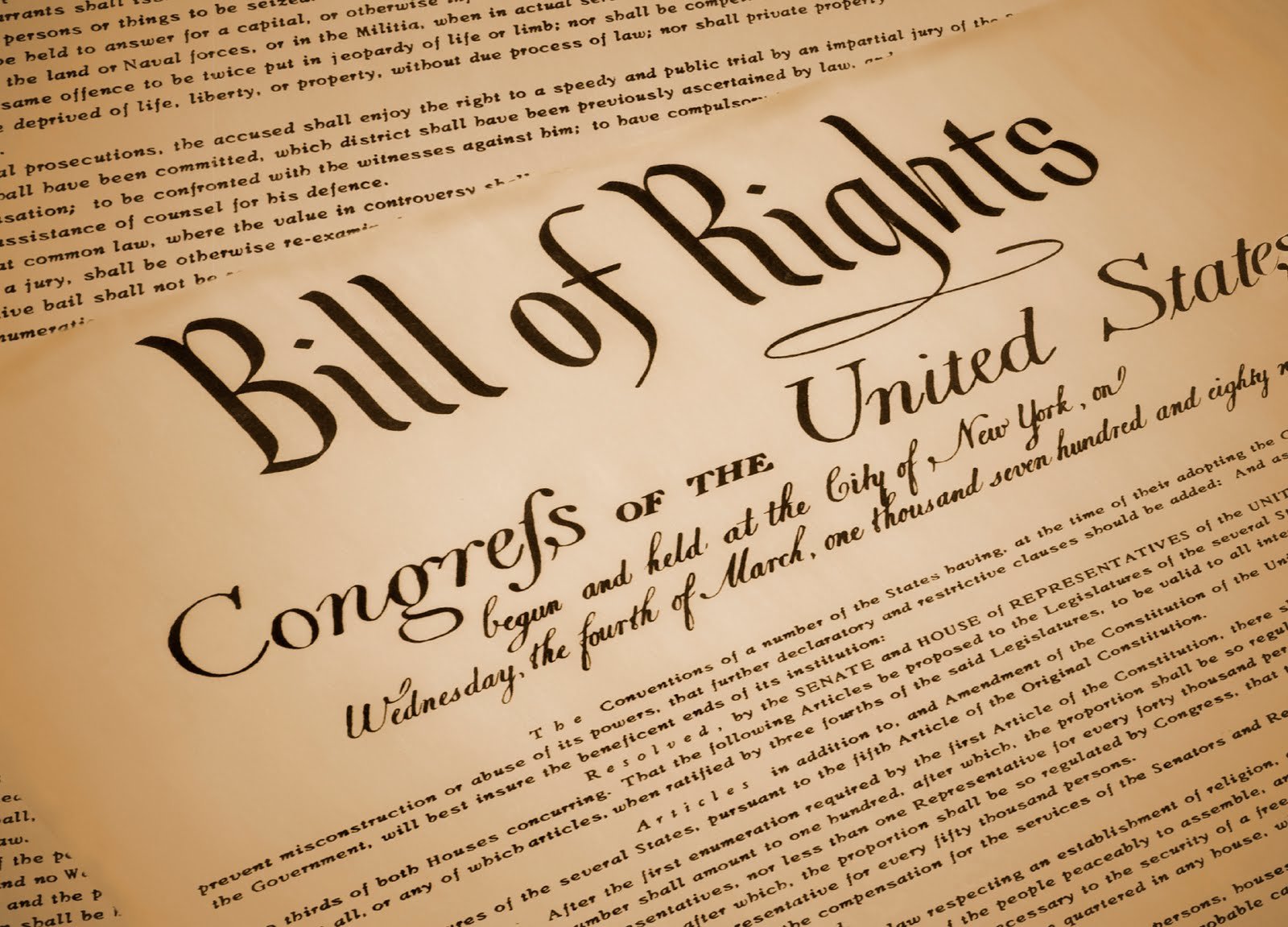
Phil Gramm and Michael Solon recently wrote in The Wall Street Journal:
President Obama seems to aspire to join Franklin Roosevelt and Ronald Reagan as one of the three most transformative presidents of the past hundred years, and by all outward signs he has achieved that goal. But while Roosevelt and Reagan sold their programs to the American people and enacted them with bipartisan support, Mr. Obama jammed his partisan agenda down the public’s throat. The Obama legacy is built on executive orders, regulations and agency actions that can be overturned using the same authority Mr. Obama employed to put them in place.
It’s a good point. Except it assumes two things. One, that a future Republican president wants to undo all or most of Obama’s policies; and two, that a Republican Congress (assuming it’s even still Republican) will do so.
The available evidence suggests the opposite.
Let’s say Donald Trump is the next president. Having read his two most recent books, my conclusion is that Trump is more or less a Reagan Republican.
Like Reagan, Trump wants government off the backs of the people…somewhat.
Reagan generally wanted regulations cut and taxes cut, across the board.
Trump wants some taxes (e.g. the corporate tax) cut, while he wants other taxes and regulations (e.g., on hedge fund managers and others he deems too “greedy”) increased or maintained.
Like Reagan, he mistakenly believes Social Security and Medicare can be “saved” from their own impending insolvency. They cannot, because government has made guarantees with these programs which cannot possibly be kept, not without raising payroll taxes to a point where the economy would collapse for sure.
As for foreign policy, Trump admits he would probably not rip up Obama’s outrageous treaty with terrorism-supporting, totalitarian Iranian mullahs. To his credit, he does say he wants to rebuild the military, as Reagan did in the early 1980s, and this could be done.
Yet even with non-Establishment candidate Trump, assuming he wins the Republican nomination and the presidency, there’s no certainty about what he will do.
The problem is deeper than politics.
The problem is that most Americans take it for granted that government can and should take care of every need people have.
This isn’t what a free country is supposed to be about. A free country is not supposed to give you anything . A free country is a place where your natural, individual right to be free is protected. That’s it; and that’s everything.
People would not likely consider a candidate for president or Congress who said, “Government should move towards repealing all programs not specified in the Constitution.” Find me even a Tea Party member who would support such a thing. You might find a few, but they’d be very rare.
Democratic voters are happy with the status quo, by and large. They think it’s right to appease Islamofascists and impose political correctness on the citizenry. Their only complaints? We need more taxes, more spreading of wealth, more government control over the energy supply, private property, even freedom of speech. They’re counting on Hillary Clinton to stay the course, and she most definitely will.
Unhappiness with the “Establishment” comes totally from the right, i.e. from anyone against Obama. Not all Republican voters feel this way, but the fact that three-quarters of them appear poised to vote for an “outsider” Republican nominee (Trump, Cruz, Carson, Fiorina) shows how disgusted most Republicans are with their own party.
The problem is, we have to look at what created this “Establishment.” What created it was government involvement in the economy in the first place. Without Social Security, Medicare, government-run schools, government-run currency and government-run banking, there would be no basis for an Establishment.
The problem with being “anti-Establishment” is that it makes no sense—unless you’re in favor of repealing the government-run economy and moving it decisively towards a free economy.
This means lowering taxes, but it also means massively cutting spending. It means eliminating most of government as we know it, while phasing out “sacred cow” entitlement programs.
Is this what even Donald Trump or Ted Cruz propose? Not that I can tell, and I just finished reading both of their books. It’s not that I don’t agree with both of them on many things, particularly with regard to what they’re against.
But what exactly are they for?
Before changing politicians, a majority of Americans need to change their minds.
Government does not meet needs; government protects rights.
Once most of us understand and believe this, the right elected officials will finally emerge and win.
You can follow Dr. Hurd on Facebook. Search under “Michael Hurd” (Rehoboth Beach DE). Get up-to-the-minute postings, recommended articles and links, and engage in back-and-forth discussion with Dr. Hurd on topics of interest. Also follow Dr. Hurd on Twitter at @MichaelJHurd1
